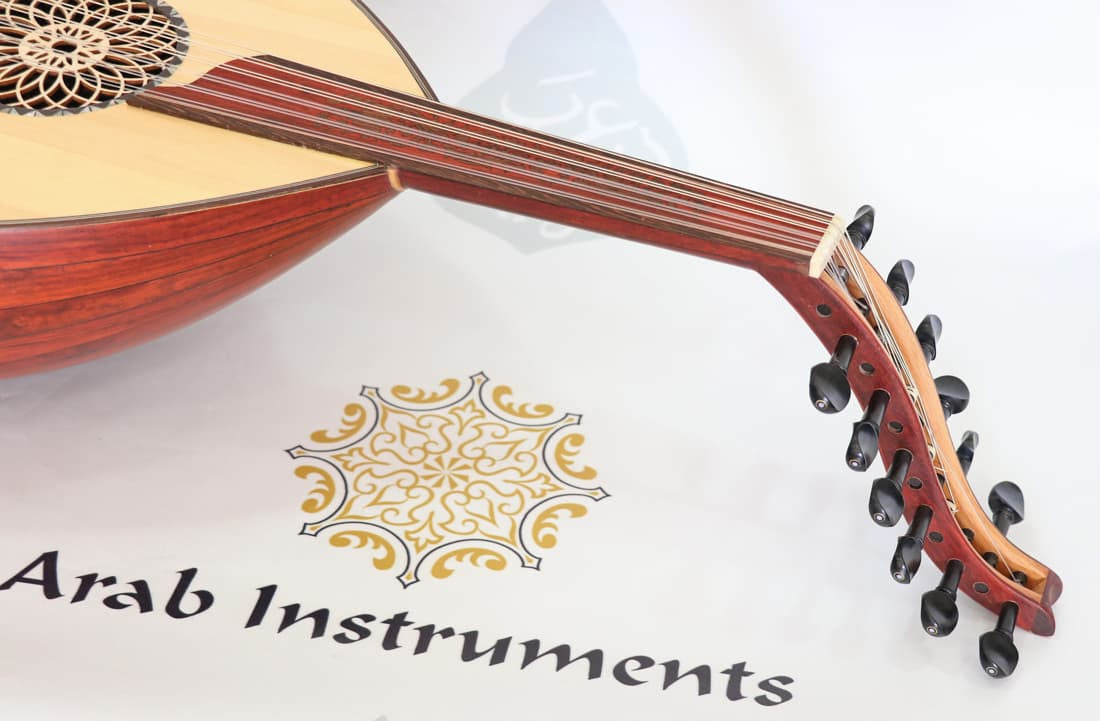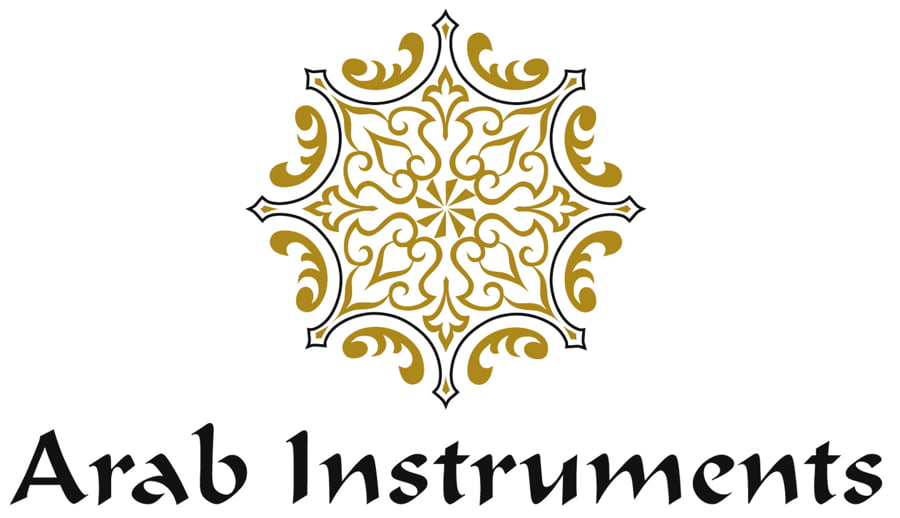
Fascinating Facts Regarding the Arabic Oud Musical Instrument
The Arabic oud is a musical instrument that has been used for centuries in traditional Middle Eastern and North African music. Here are some fascinating facts and pros about the Arabic oud and why you should consider learning to play it:
1. History and Culture: The oud has a long and rich history that is deeply intertwined with Middle Eastern and North African culture. It is considered the king of instruments in the Arab world and has been played for over 5,000 years.
2. Unique Sound: The oud produces a warm, rich, and expressive sound that is often described as melancholic and haunting. Its unique tone makes it an ideal instrument for playing traditional Arabic music, as well as other genres.

3. Versatility: While the oud is traditionally used in Middle Eastern and North African music, it has also been used in other musical styles such as jazz, flamenco, and even rock music. This versatility allows for a wide range of creative expression.
4. Improves Cognitive Function: Learning to play an instrument like the oud has been shown to improve cognitive function, memory, and spatial reasoning. It can also reduce stress and improve overall mental health.
5. Cultural Exchange: Learning to play the oud can be a great way to engage in cultural exchange and connect with people from different backgrounds. It can help foster understanding and appreciation of different cultures and traditions.
6. Professional opportunities: There is a demand for skilled oud players in the music industry, and learning to play the instrument can lead to career opportunities as a musician or music teacher.
In summary, the Arabic oud is a fascinating and versatile instrument with a rich history and unique sound. Learning to play it can improve cognitive function, reduce stress, and promote cultural exchange. If you are interested in exploring Middle Eastern and North African music and culture, the oud is an excellent instrument to learn.










